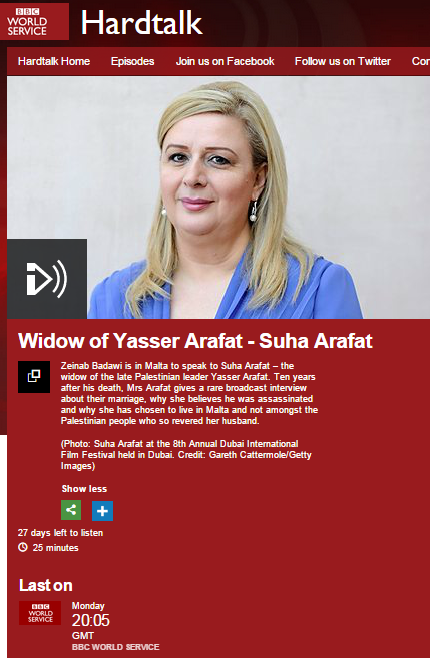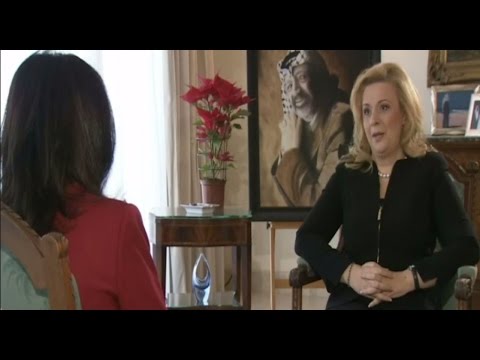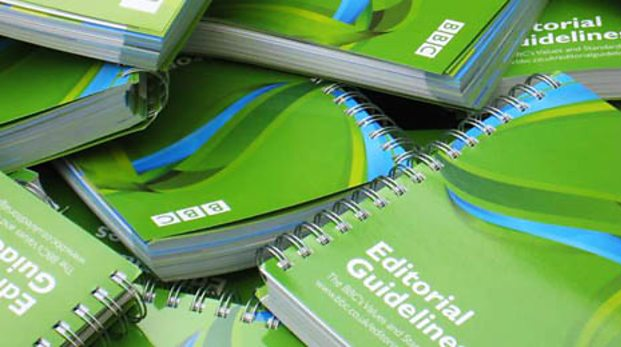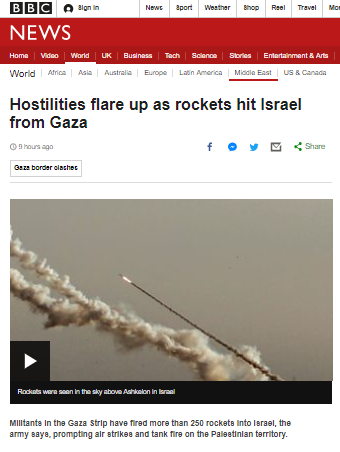At some point in the not too distant past, the producers of the flagship BBC interview programme Hardtalk obviously decided that the tenth anniversary of the death of a notorious terrorist responsible for the killing of thousands of people and the maiming of many thousands more warranted commemoration.
Hence, on January 19th they broadcast what was described as a “special edition” of the programme in order to “mark the anniversary” of the death of Yasser Arafat – according to Hardtalk host Zeinab Badawi who was sent specially to Malta to interview Suha Arafat.
That programme can be viewed in the UK on BBC iPlayer here or as a Youtube video here. An audio version was also produced for the BBC World Service and clips from the interview were promoted on the BBC News website’s Middle East page and on the Hardtalk webpage.
Despite the fact that Hardtalk bills itself as conducting “[i]n-depth interviews with hard-hitting questions and sensitive topics being covered”, Zeinab Badawi allows Suha Arafat to avoid providing any real answers to questions on the topic of Arafat’s notorious embezzlement of donor funding and to dismiss the topic as “character assassination against my husband”.
Badawi does however provide Suha Arafat with an ample platform from which to once again advance her unproven theories regarding the cause of her husband’s death. She also fails to correct the inaccurate impressions given to audiences by Suha Arafat via statements such as:
“When there’s a rocket on Israel we have 1,000 people who are killed in the same day.”
“Gaza…the most crowded city in the world…”
“…more than 1,000 people who are still in the coma…” [after the conflict last summer]
“….nothing happen [with the peace process] because Israel continue to do settlements, Israel continue to build the wall….”
Badawi herself fails to distinguish between civilian casualties and terrorists when she says that “two thousand people died in Gaza in July and August last year” and her description of Mahmoud Abbas’ signing of the Rome Statute in order to join the ICC as “some progress being made on the diplomatic scene” is of course both creative and revealing.
Far from having even a whiff of “in-depth” or “hard-hitting” about it, this puff piece interview not only does nothing to provide audiences with a realistic view of the man who is the only reason for this woman being interviewed (the word terrorism, for example, is not mentioned once), but audiences are treated to hefty doses of clichés such as “iconic leader”, “great leader”, Arafat’s “legacy” and “hero of the Palestinian cause” from both interviewer and interviewee.
That, together with the fact that this programme was made for the reasons stated by the BBC itself, says it all.





